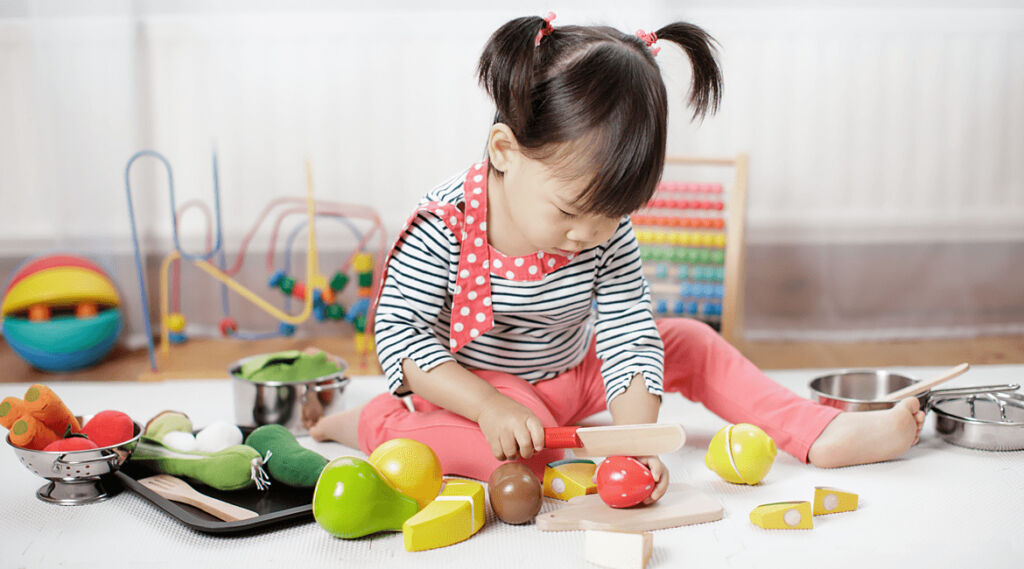It is never too early to introduce your child to the Arts, and drama and theatre are especially useful learning tools for children of all ages. Many parents worry about taking their children to the theatre as they fear they may be disruptive or unable to sit through a whole play but children often surprise us! Besides, now more than ever before, there are specifically designed plays and events at the theatre just for children. Research shows us that there are plenty of different benefits to introducing children to theatre, we examine some of those benefits here:
Improve Your Child’s Social Skills
Theatre is based on stories, which are a safe way for children to learn about different human emotions. Through stories, children can begin to explore and experiment with some of the most profound parts of human existence. For example, children can begin to explore love, friendship, happiness or grief.
Open up communication
As well as allowing children to begin to explore and process big issues, going to the theatre can give parents a way into talking about these issues with their children. When communication channels are open and topics have been discussed openly through childhood, things seem less “taboo” when kids hit the teenage years so they are more likely to keep on talking to their parents about important issues, thoughts and feelings.
Boost Intelligence!
Children who go to the theatre and then subsequently get involved with theatre themselves show better comprehension skills and higher test scores overall on standardized testing.
Take a tech break
Going to the theatre with your child encourages both you and them to take a break from technology. Going to the theatre is a very different experience to watching something on screen and it’s really important that we do experience things in ‘real life’ every so often. A break from technology doing something enjoyable can reduce stress levels and boost the feel-good hormone serotonin.
Increase creativity
Drama and theatre help children to develop something called divergent thinking, this means that they are able to quickly think creatively and ‘outside of the box’. This can lead to better problem solving, innovation and invention and benefits children across a range of different curriculum areas.

Build Empathy
Empathy, or the ability to put yourself in someone else’s position and understand how they may be thinking or feeling, is one of the most important skills a person can develop and theatre helps kids to do this. On stage characters will often narrate what they are thinking or feeling, letting the audience in on their thought world, this helps children to consider how people may feel in a range of different circumstances and to consider how what we say and what we feel can sometimes be two very different things.
With all of this in mind, if you want to try introducing your child to the theatre here are a few helpful tips:
- Pick the right show to take your child to.
- Pick a Family Focused Show- Most theatres will have family shows and these will often advertise the age group they are aimed at.
- Check running times- theatre shows can be extremely long, check the running time before you go to ensure it is suitable.
Don’t stress- lots of parents take their children to family shows at the theatre the chances are you’ll be sat next to other wiggly kids so no one really minds if your kids get a little restless




